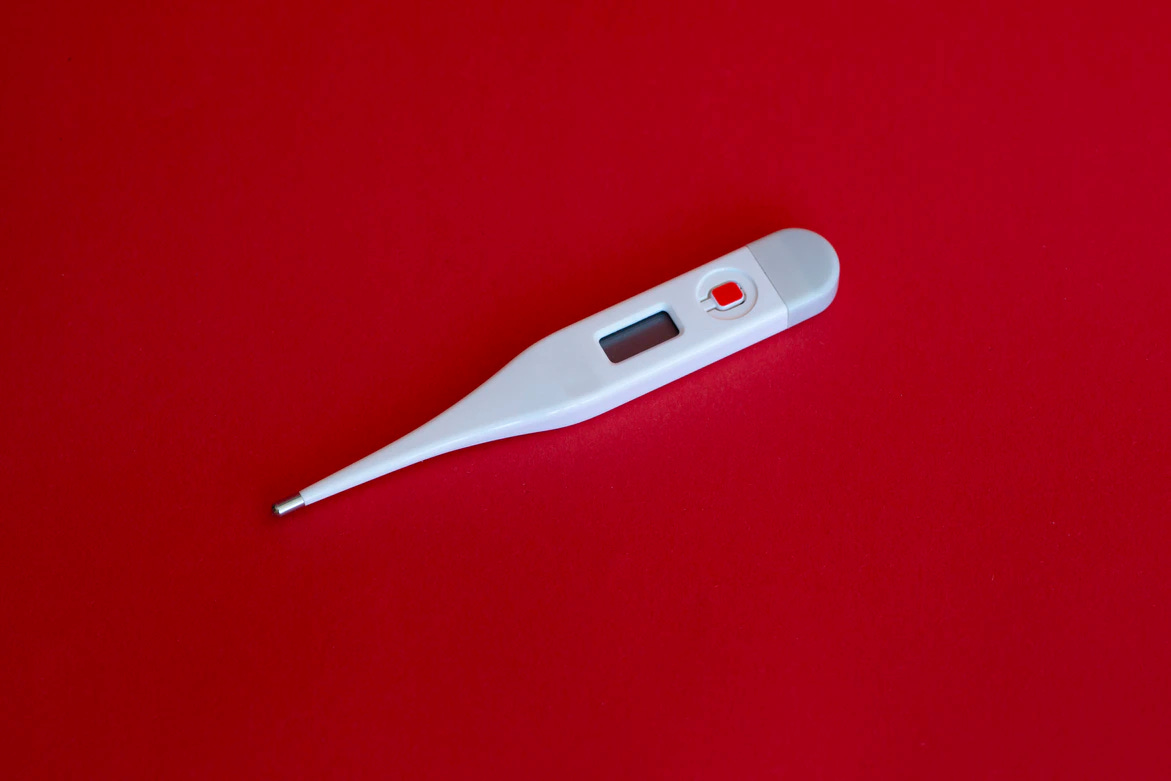It’s not just humans that spike fevers when they’re sick. Fish, reptiles, and other mammals—like rabbits and dogs—get fevers as well.
When I was about 12 years old, my father’s best friend told me that medical science hadn’t found any reason that humans get fevers. My dad’s friend, Rick Sullivan, M.D., was an emergency room doctor based in Cambridge, Mas…
Keep reading with a 7-day free trial
Subscribe to Vibrant Life to keep reading this post and get 7 days of free access to the full post archives.



